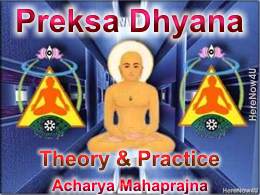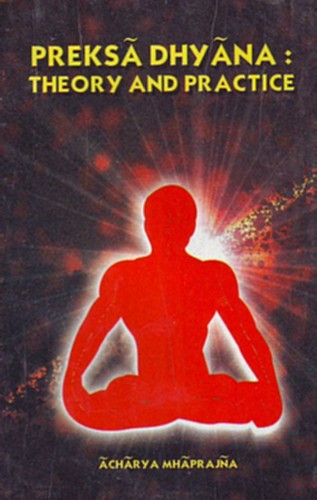
The nervous system and the endocrine system are the two major control-systems of the body.
Recent studies on neuro-secretions leave no doubt that the nervous system has its own endocrine specialization for the release of hormones. The functional interlocking is so remarkable that nervous and endocrine elements are coming to be regarded as constituting a single integrated system called neuro-endocrine system. As research deepens our knowledge of coordinatory system, it becomes increasingly apparent that their products participate not only in every bodily function, but have profound influence upon the mental states and behaviour of individuals.
The neuro-endocrine system is the seat of instincts and impulses of man. Impulses and urges not only generate feelings but also command appropriate action that satisfies need. Animals just act out of instinctive rituals of eating, courtship and fighting because they do not possess a reasoning mind. Man, on the other hand, because he has conscious reasoning, can control his responses to the insistence of the impulsive drives. Of course, man also does feel angry, hungry and sexually aroused. But he can modify his action. He could, for example, channel an erotic mood on some creative track.
Love, hate and fear are endocrine impulses. It is the primitive urge of aggression from the endocrine that will start war and not the brain, because no reasoning mind will ever wish to kill or injure. All the passions, emotions and impelling forces are the actions of the endocrine. The reasoning mind itself has no emotions but many a time the powerful impulses from the endocrine can overwhelm and continue to tinge the supposed reasoning.
 Acharya Mahaprajna
Acharya Mahaprajna

